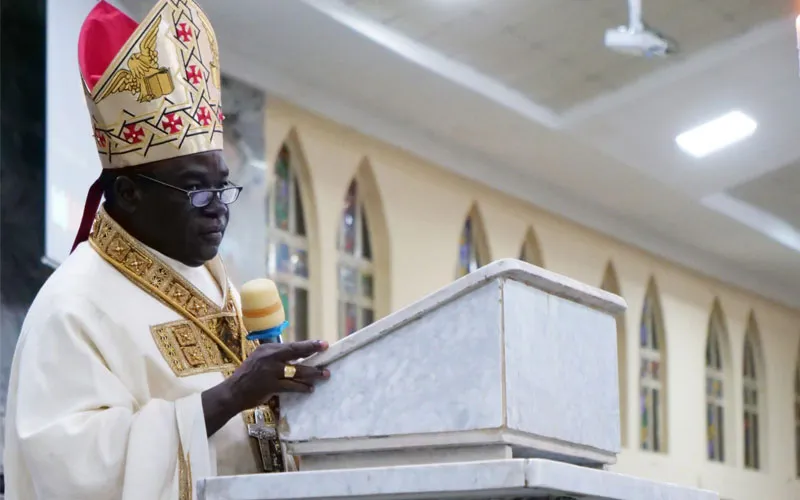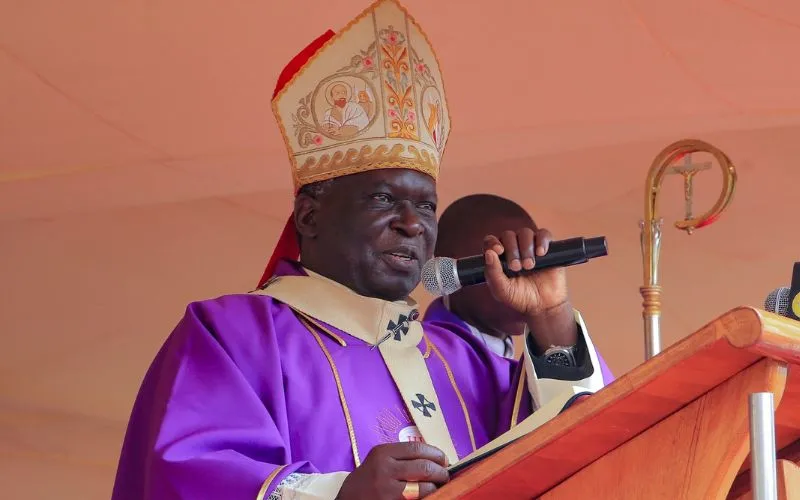Sokoto, 20 April, 2022 / 10:20 am (ACI Africa).
The Bishop of Nigeria's Catholic Diocese of Sokoto has, in his Easter 2022 Message, highlighted “religious undertones” as being among issues that have contributed to the current instability in the West African nation.
In his Easter Message, Bishop Matthew Hassan Kukah who accused the government of propagating religious and ethnic stereotypes says there is need to embrace interreligious dialogue in seeking solutions to the cycle of violence in Nigeria.
“We cannot continue to pretend that there are no religious undertones to the violence in the name of God that has given our religions a bad name,” Bishop Kukah says in his Easter Sunday, April 17 message.
The Nigerian Catholic Bishop says that President Muhammadu Buhari-led government “has divided our people on the basis of ethnicity, religion, and region, in a way that we have never witnessed in our history.”
“This carefully choreographed agenda has made Nigerians vulnerable and ignited the most divisive form of identity consciousness among our people,” he says, and adds that the prejudices have destroyed friendships and collaborations that have been built over time.








